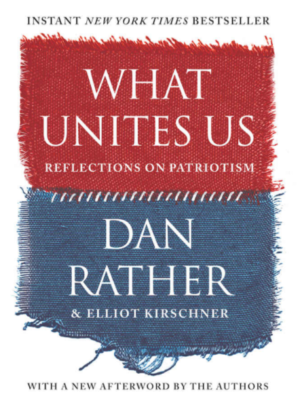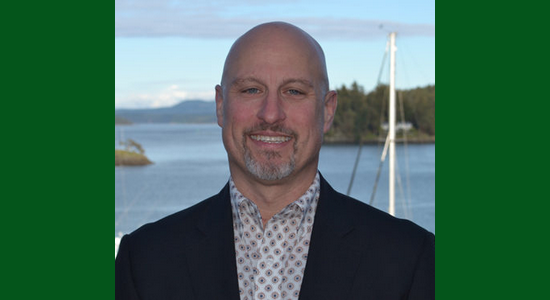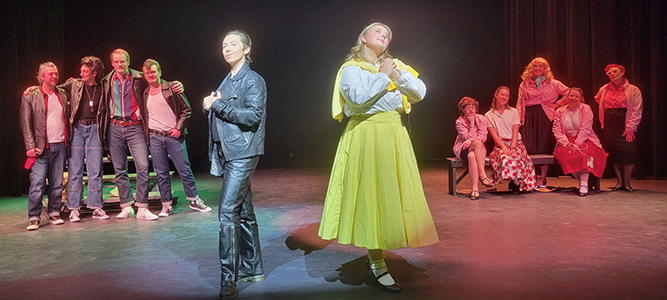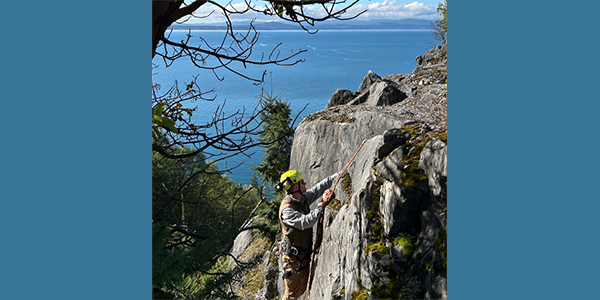||| BOOK REVIEW by JENS KRUSE |||

Dan Rather and Elliot Kirschner originally published What Unites Us in 2017. I just read it in the 2019 paperback edition that has a new “Afterword.” The book opens with the question “What is Patriotism?” and then unfolds its narrative in five sections (“Freedom,” “Community,” “Exploration,” “Responsibility,” “Character”) of three chapters each. The section on “Exploration,” for instance has the chapters “Science,” “Books,’’ and “The Arts.”
Rather’s – of the two authors it is his voice that we hear throughout the book – opening chapter on patriotism begins with a childhood recollection of fireworks on the fourth of July. His patriotism is grounded in his childhood experiences although it did not take long before he had to “confront the often simmering and sometimes explosive injustices of the United States: its bigotry, exploitation, callousness, and corruption. It may seem counterintuitive, but these flaws made me love my country all the more” (10-11).
Of these and other “national sins” he writes:
And we should neither forget nor be paralyzed by our prior national sins. We can all feel the swell of pride walking through our nation’s capital city, even though we must tell the story of how some of those buildings were built by slave labor. We can revel in the opportunities of democracy, even though bigoted laws were passed in the chambers of Congress and upheld by the Supreme Court. We must look clear-eyed at the problems of the past and present, but encouraged that our electoral and legal systems provide a framework for improved justice in the future. [13]
He pleads for an active patriotism: “Patriotism – active, constructive patriotism – takes work. It takes knowledge, engagement with those who are different from you, and fairness in law and opportunity” (17).
In the subsequent sections and chapters Rather identifies and discusses the elements around which we must unite if we want to make our democracy thrive: the vote, dissent, the press, inclusion, empathy, immigration, science, books, the arts, the environment, public education, service, audacity, steadiness, courage, and finally citizenship.
Unsurprisingly for someone who has been a journalist for six decades, Rather is passionate about the importance of a free press for democracy. But he is quite concerned about its current state. He writes:
At the height of CBS News, we had around twenty foreign and domestic bureaus robustly staffed. Most of those have withered or long since been shuttered. What has gotten less attention but has perhaps been the greatest loss to our democracy is the decimation that has come to local newspapers. These were always the engines that powered much of American journalism, as great reporting would bubble up to the national newspapers and television. Local newspapers also provided the check on local and state governments, reporting on mayors, city councils, school boards, and state houses. (67)
He concludes this chapter as follows:
But while these may be heroic times for journalists, the outcome of the battle between propaganda and deception on the one hand and unbiased reporting on the other is far from clear. No one has a monopoly on the truth, but the whole premise of our democracy is that truth and justice must win out. And the role of a trained journalist is to get as close to the truth as is humanly possible. Make no mistake: We are being tested. Without a vibrant, fearless free press, our great American experiment may fail. (70)
Rather’s concern about the importance of truth and fact-based discourse may well be the reason that the central three chapters of his book deal with science, books, and the arts. For Rather, all three are foundational to a functioning democracy. He opens his chapter on ‘’Science’’ with the warning that:
if this nation ultimately fails, I believe it will be because opinions, propaganda, and superstitions replaced facts as the basis for our governance. By doing so, we will have undercut a key strength of the United States over the course of its history, one that receives too little attention: science. [125]
For Rather, books, public libraries, and the arts also contribute to a national conversation that is grounded in knowledge, learning, and the beautiful representation of the achievements of individuals and institutions.
As you have probably gathered by now, Rather’s What Unites Us is not so much a work of political analysis or journalistic reportage, but rather a mixture of memoir and meditation by a citizen who has lived in this country for 88 years, from the Great Depression to the Trump presidency and Covid-19 pandemic, and has written and spoken about it for many, many decades. He brings a long life’s stories, experiences, and insights to bear on his topic. And while he sees only too clearly all that divides us he is generally optimistic that we can remember, practice and reinvigorate the things that unite us.
In the end he borrows Ralph Waldo Emerson’s concept of personal heroism and ends his book with these reflections:
Ultimately, heroic citizenship must be rooted in the possible. And that means it must manifest itself in almost infinite forms of expression. None of us is alike. We all have our strengths and weaknesses, and ultimately it is that diversity that provides the strongest glue that can hold this nation together. My hope is that you have seen your own actions and strengths or the actions of people you know celebrated in some of the essays here. For whether we are artists, scientists, soldiers, journalists, teachers, caregivers, nurses, farmers, mechanics, foster parents, friends in times of need, or really anyone who puts energy, heart, and mind into helping others, we have within ourselves the power to be heroic in service to our country. And by doing so, we will help answer the question of what unites us.
Dan Rather’s and Elliot Kirschner’s What Unites Us: Reflections on Patriotism (Chapel Hill: Algonquin Books, 2019) can be checked out, by way of curbside pickup, from the Orcas Library or obtained through Darvill’s Bookstore.
**If you are reading theOrcasonian for free, thank your fellow islanders. If you would like to support theOrcasonian CLICK HERE to set your modestly-priced, voluntary subscription. Otherwise, no worries; we’re happy to share with you.**








Thank you, Jens, this is a fascinating review and I’ll be reading the book soon. As an immigrant who came to the US in the early 70’s I still have a romantic view of what this adopted country is and could be; I may be naive. Expecting excellence from elected officials, politicians, scientists, journalists, judges should be a given. Journalists, may have to rise above the partisanship and be the arbiters of the truth. I remember fondly the work that Rather did interviewing Nixon during the watergate mess shortly before Nixon resigned.
“ Make no mistake: We are being tested. Without a vibrant, fearless free press, our great American experiment may fail.”
This quote resonates with me and I look forward to the return of a “vibrant” press and reading the book.
Thank you, Jens, for an invaluable review. Dan Rather has long been a very important voice for journalistic and political integrity. I would only add that Emerson’s concept of personal heroism doesn’t mean waiting for that one great man or woman to come riding in on a horse to save everyone and everything. It needs to be interpreted as meaning that all of us, working together for the common good, can make the society we want to see. It is a cliche that “democracy is not a spectator sport”, but it is true, it takes all of us doing our part to make our country work for all of us.
Excellent commentary from Tony “I look forward to the return of a ‘vibrant’ press” and David “all of us, working together for the common good, can make the society we want to see.”
Curiously I look to a Democrat for inspiration. “You’re never going to be able to have a dialogue… win support from people who you treat like garbage, who you disrespect, who you call names, who you call deplorables. “How do you expect to lead as the president of every single American in this country when you’ve thrown half of them away?” — Rep. Tulsi Gabbard.
It will take more than a wish and a hope to bring us together, we might start with tolerance.
More truly free expression is needed, not less. Dan Rather is not Juliann Assange but they both ply the same waters. If you can support one then why not the other? Don’t be afraid, the clown’s afraid too.